‘We can’t say that we got up off our knees’: Russian gamedev grows due to players, not investments
How the gaming industry has changed in six months: audience and product growth
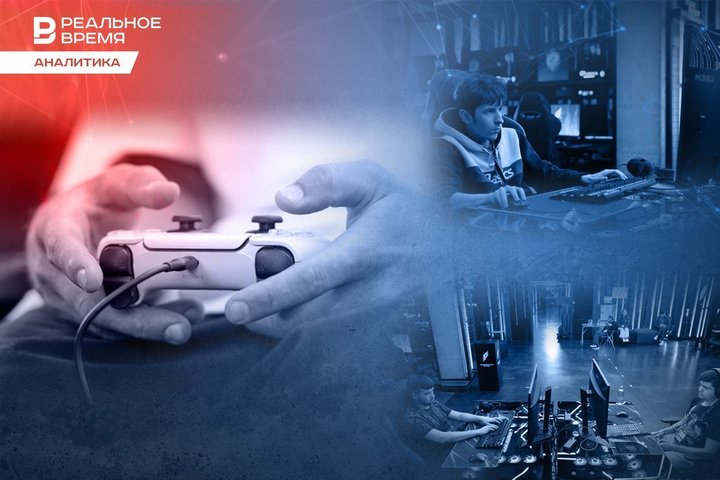
The turnover of companies in the gaming industry increased by 11% in the first half of 2024, purchases increased by 5%, and the average check increased by 6% to 520 rubles, according to a study by YoKassa and AGAVA. The state has become one of the key drivers in the industry, and specialised associations have appeared. However, market participants do not fully agree with such a positive assessment. There has been practically no investment in video game development since 2022, and so far the state has only one investment tool — the Institute for Internet Development (IRI). How the game industry copes with sanctions is described in the material of Realnoe Vremya analytical service.
The market has adapted to the changes
YooKassa analysts (a service for accepting online and offline payments from the fintech company YooMoney) and the game development studio AGAVA assessed the results of the half-year in the Russian gaming industry. In their opinion, the industry has adapted to the current market conditions and continues to grow due to support from the state and relevant associations.

The AGAVA game development studio is optimistic about the development of the industry in the medium term: after the market drawdown in 2022, which was a crisis for the entire industry, growth began in the segment, which continues to this day.
“The main growth factor is the successful adaptation of the Russian video game business to new conditions. The state is becoming one of the key drivers of fundamental changes, specialised associations are emerging, and support for independent developers is increasing. If the current dynamics continue, we forecast the market to grow by 15-20% year on year in the next couple of years," said AGAVA CEO Alexey Yarovit.
Bank cards remain the most popular way to pay for games, but in January-June 2024, their share decreased by 6 percentage points year-on-year and amounted to 40%. At the same time, the share of invoicing increased by 3 percentage points to 28%. Sberbank shows the largest growth: its share in the line of payment methods of YooKassa amounted to 22%, increasing by 4 percentage points year on year.
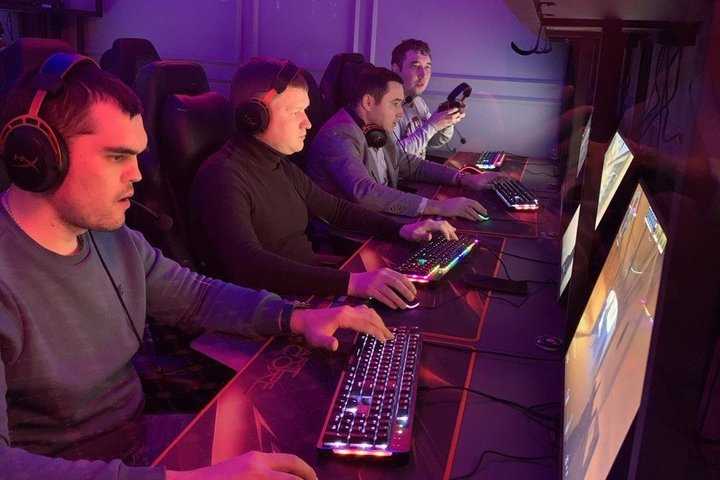
“We are seeing a trend towards the diversification of payment instruments in almost all industries, and gaming is no exception. We expect this trend to continue in the near future," says the commercial director of YooMoney.
According to AGAVA estimates, more than 60% of Russians play video games, and the products of the game development industry cover the interests of almost all age groups.
“On the one hand, the audience is rapidly getting younger — children are getting acquainted with edutainment products from an early age. At the same time, it is becoming more mature — hardcore Russian gamers have not lost their passion for games over the years, and older people love Sudoku and other similar genres that help maintain cognitive functions," says the CEO of AGAVA.
Further development of the market requires investments and transparency
Russian gamedev is adapting quite successfully to the new challenges of the market, but a strong lack of funding remains a negative factor.
“Legal and regulatory risks have been added to traditional industrial factors, such as the balance of supply and demand, permanently increasing marketing and production costs. At the same time, Russian game development is characterised by low investment activity," the CEO of AGAVA notes.
Nevertheless, experts predict that the gaming industry will continue to develop: New technologies, VR/AR and metaverses are opening up more and more opportunities for entertainment and player interaction.
“The success of the industry depends on how safe and comfortable each participant will feel in it. Transparency will be the key factor, which will strengthen trust between players and companies," the commercial director of YooMoney sums up.
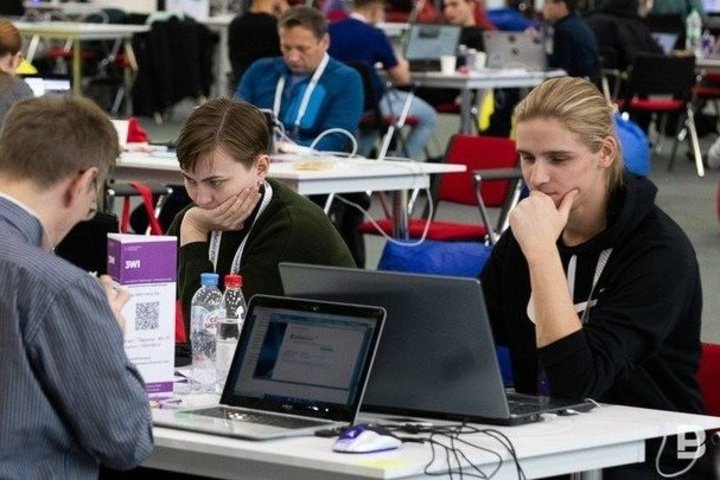
“In general, I would say that the times are troubled”
“In general, the companies that initially worked for the domestic market could feel better. Games for VK and Odnoklassniki are developing. Now Telegram games have joined them. In addition, sites like VK and Yandex.Games themselves really should have noticed the growth of players and revenue," Yan Shevchenko, CEO of GD Forge and Fair Games, evaluates the results of the study. “However, developers who did something more serious than timekillers and tried to develop high-level international projects do not feel well. Someone closed down, someone relocated, someone changed the focus of development.”
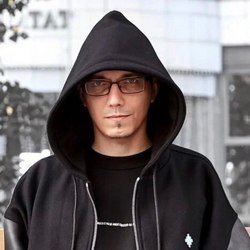
“In general, I would say that the times are troubled. Living only on state support is maybe a business model for someone. But most of those who 'ate' not at the expense of investments and grants, but by selling their products to players from all over the world, now have to stand in front of three chairs: leave, close down or forget about the art component in games and make 'fast food' or crypto games," he concluded.
Market players today note that there have been problems in the industry after 2022. “There is growth and recovery in the market, but due to that the industry has changed, and the vector of countries has also changed (conditionally, America has always been the centre of global game development), now there is being a reconfiguration to other countries," says Alexey Taranov, the head of the Startup Hub of the IT Park.

There is practically no investment in video games in Russia
“There is often confusion about what is considered a gaming market and how to measure its volume — is it the number of users who play and spend money on games, or it is investments in game studios and game development?" Vasily Ovchinnikov, an entrepreneur, the head of the Video Game Industry Development Organisation (VIDO), speculates. “In terms of video game consumption and the number of players, we can assume that the Russian market has recovered and is growing organically. From the point of view of Russian developers' access to foreign game distribution platforms, the Russians have also found ways to legally circumvent the sanctions here. At the same time, the investment market has not recovered: there are practically no deals and investments in video games in Russia.”
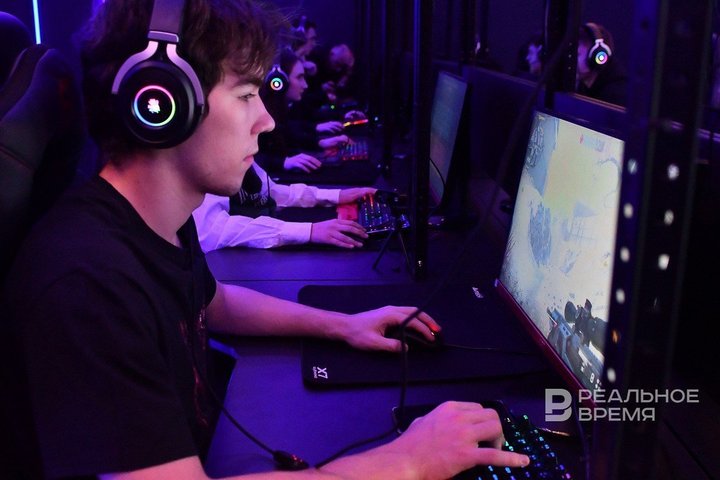
Basically, all investors until 2022 (even if they had Russian roots) operated with financial instruments of foreign funds and banks. Before 2022, there were Chinese investors on the market, but there have been no deals with them after 2022. “Today, many people in Russia are preparing to invest in game development, there are some private investments in individual projects, but there are no specialised investors to whom the project could be shown. At the same time, there are talks about the creation of funds," Ovchinnikov said.
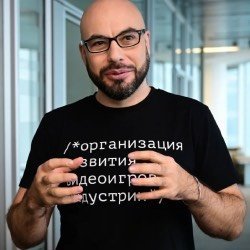
“I am an optimist, and we at the VIDO are putting a lot of effort into investors for them to figure it out and start investing in video game projects," Vasily Ovchinnikov summed up.